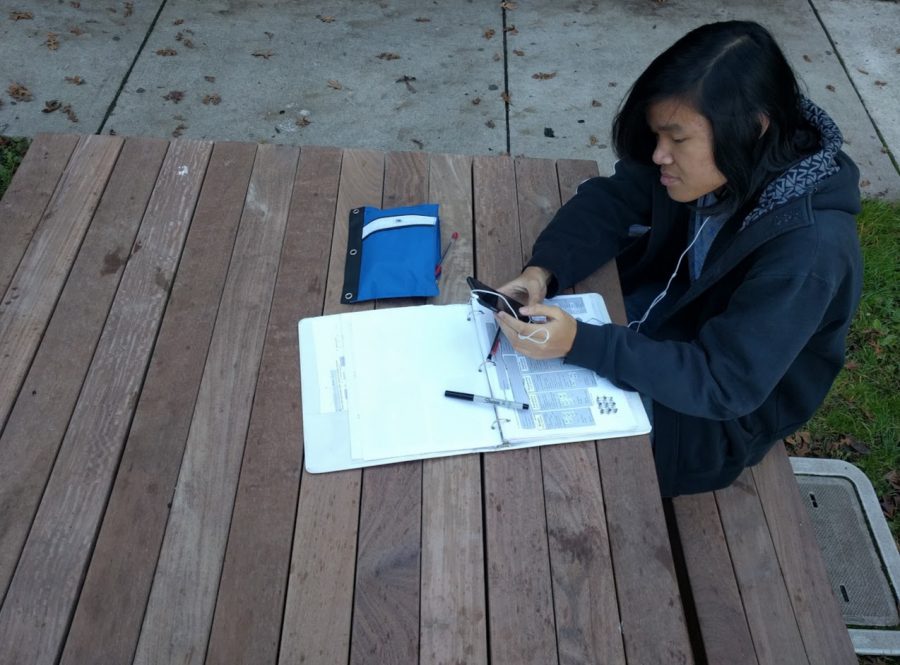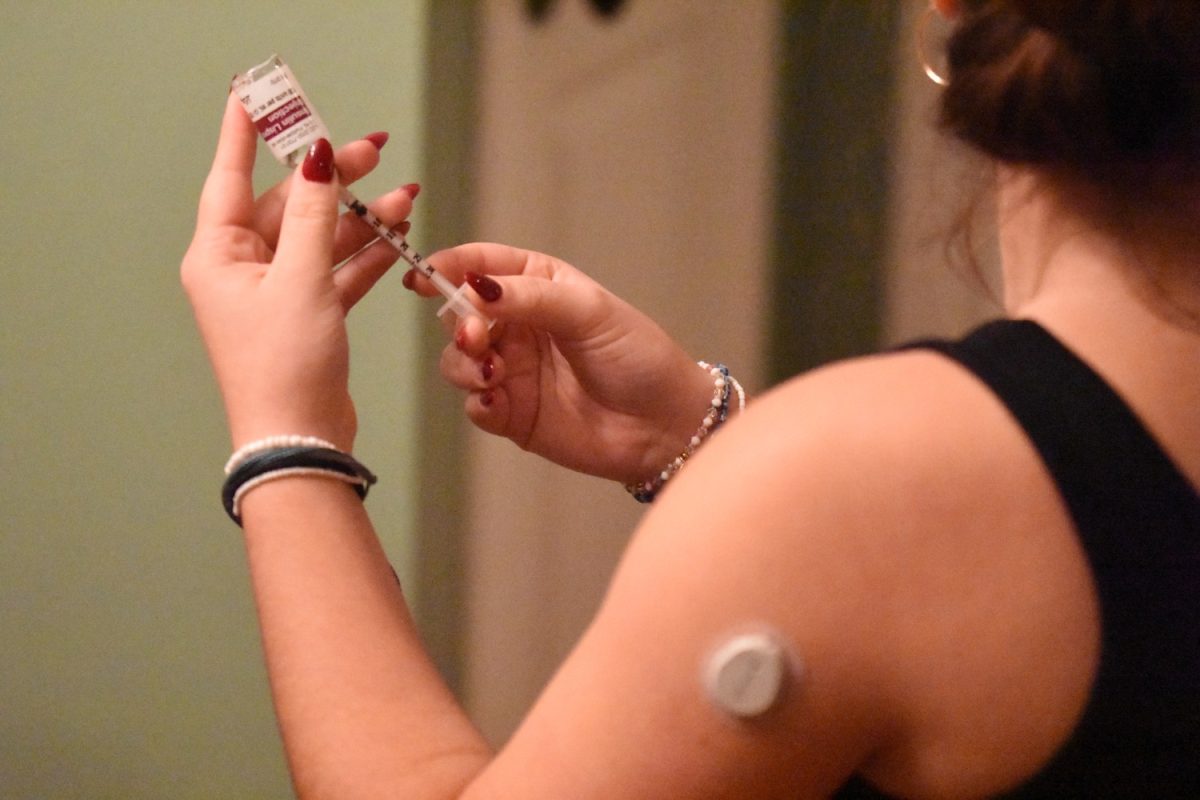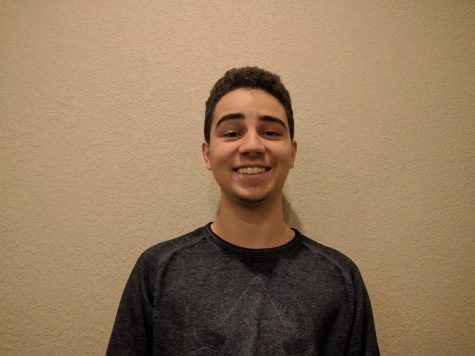There are only 24 hours in a day, and according to a report by Common Sense Media, teenagers spend nine of those hours using media.
According to Brandwatch, over 3 billion people use the internet and over 2 billion of them use social media, making it one of the most popular aspects of media today, and consequently one of the biggest distractions.
Regardless, one of the biggest problems caused by the amount of time spent online is how it has begun to take up the majority of the day for students. Leaving barely enough time for schoolwork and even sleep.
Sophomore Jason Tsui said, “I spend way more time than I need to online because I procrastinate my homework. I spend around like 12 hours a day online.”
According to a survey taken by the University of Phoenix, high school students should spend an average of 3.5 hours doing homework each day. Therefore if students also spend 7 hours a day at school, they are left with only 13.5 hours for everything else in their lives. Considering that they need to get their sleep in that time period if they spend nine of those hours using media, it becomes difficult to lead any kind of healthy lifestyle.
While most students end up letting the internet take up much of their time, there are some who can focus more energy on work. Many teachers try to help their students do just that.
Carlmont history teacher Patricia Braunstein said, “I think we’re at the point where phones can be a distraction, but they can also be a helpful tool. So I’ve found ways to have a happy medium…I ask [students] to put [phones] away in their backpacks. For the most part, it hasn’t been a problem at all.”
This is an effective deterrent, but Braunstein is also a parent; she puts helpful limits on her children too. She said, “It[a phone] can actually be a helpful incentive, as my kids can’t actually have their phones until they’re done with homework.”
Carlmont chemistry teacher Hai Nguyen also gave some pieces of advice for his students to limit their distractions.
“Is there such thing as phone addiction? If so they need to train to have impulse control,” said Nguyen.
But not all students have that type of control.
Freshman Nina Chung said, “I get distracted by the internet because it gets boring, I guess, the homework, and then I stray off.”
This is the case for many students who find their work boring compared to the much more entertaining things they could find online.
Tsui said, “Social media is distracting because it’s full of information and it’s all interesting.”
That is the same reason why many people find it challenging to focus on their work when the internet is so easily accessible. With an infinite number of apps and websites online, it’s extremely easy for people to lose themselves online.
That can be a problem, as students like Tsui who spend so much time online end up wasting the majority of their time on the internet, which can quickly become unhealthy as many students begin to lose sleep or skip homework because of the time they spent online instead.
However, some students have been able to control their urge to go online.
Snehal Pandey, a senior, said, “If I have time, I’ll use it[social media]. If I have a homework assignment for AP stats and then AP calc and then English and history, I’ll do one subject at a time go on Facebook for a little bit, do another subject, go on social media for a little bit.”
Sophomore Joshua Mathew has a similar strategy.
“I do all my homework first and then I play video games,” he said.
Mathew, however, is able to do this because of how much he values his education.
“I‘m more entertained by learning than I am by my phone, and so I’m not distracted by it,” he said.
This valuable mindset allows him to focus on his work and not waste time online, something that most students do not have.
But there are some schools and programs that are starting to take action to try and limit this. The Schools of the Sacred Heart in San Francisco took part in the Tech Timeout challenge where students tried to stay away from technology for 72 hours to see the difference time away from technology can make.
If more programs like this become popular, more people could begin to notice how much time they’re wasting and try to make changes toward a healthy lifestyle.
“Times are changing quickly, so we have to keep evaluating when the right time to have a phone is,” Braunstein said.












